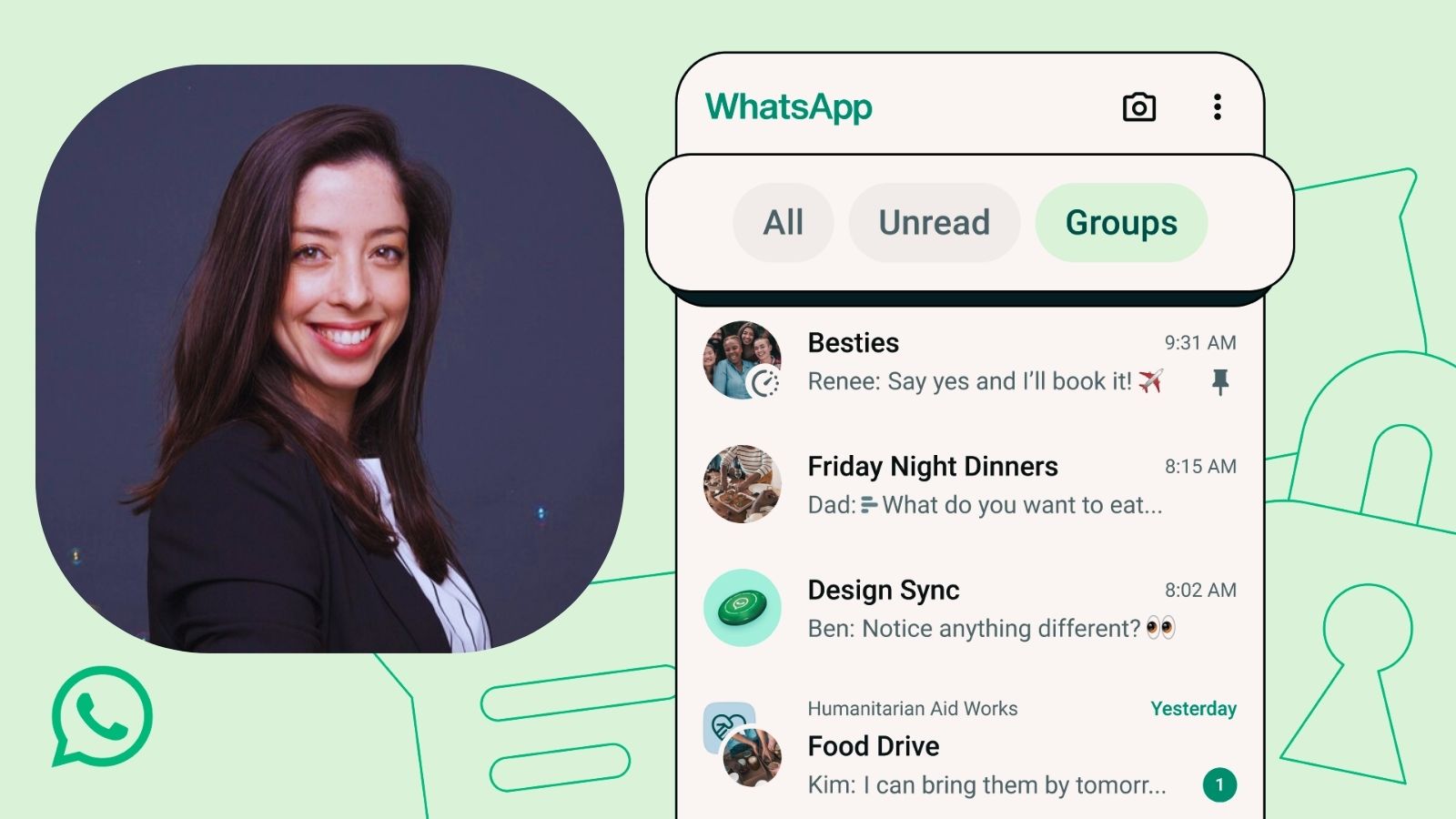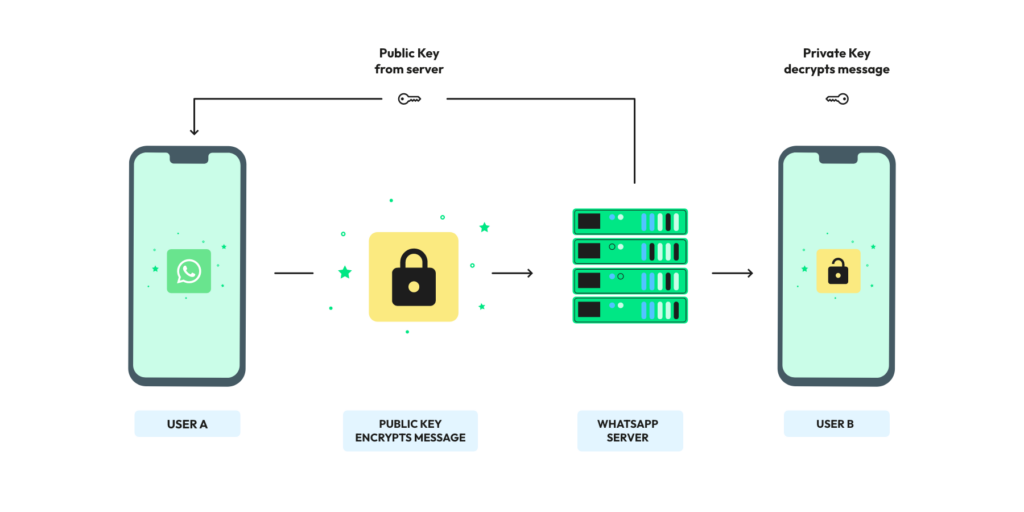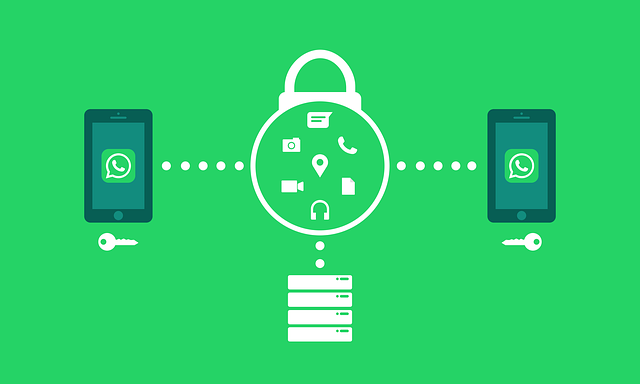In an age of social media and messaging apps, WhatsApp stands out. Its small engineering team of 50 members manages over 500 million users. WhatsApp’s journey is a testament to lean engineering, scalability, and efficient management. This article explores the key strategies that help WhatsApp. They keep it simple, secure, and reliable with a small team.
WhatsApp’s Approach to Efficiency

WhatsApp’s approach to app development is unique, especially for an app of its scale. Facebook (now Meta) acquired WhatsApp in 2014. Since then, WhatsApp has grown a lot. But its engineering team is still small. WhatsApp uses a philosophy of lean infrastructure and simplicity. This keeps it efficient and reliable. It provides uninterrupted service to millions of users daily.
This article will explore the key principles and technologies behind WhatsApp’s success.
Lean Team, High Impact
WhatsApp’s engineering team is small, with about 50 engineers. They manage over 500 million users. This number has grown since the Meta acquisition. But, at its peak, the team has never surpassed 100 engineers. WhatsApp’s approach to a lean team focuses on:
-
Hiring Specialized Engineers: WhatsApp hires highly skilled engineers. They can handle many roles, from backend management to mobile app development. This lets them cover more responsibilities with fewer resources.
-
Encouraging Autonomy: Engineers are given a high level of autonomy and responsibility. This approach cuts bottlenecks. It speeds up decision-making, and fosters innovation. It empowers engineers to own critical tasks.
Prioritizing infrastructure over features

WhatsApp has always prioritized its infrastructure over adding new features. Unlike other social media apps, WhatsApp doesn’t add new features often. This focus on infrastructure means:
-
Improved Reliability: Investing in infrastructure reduces WhatsApp’s downtime. This is key for user satisfaction and loyalty.
-
Efficient Scaling: WhatsApp can grow its users without much expanding its engineers. Its infrastructure is both flexible and robust. It allows the platform to support new users seamlessly.
This infrastructure-first mindset keeps the user experience smooth, even under high load.
Embracing automation and scalable technology.
Automation is a critical component of WhatsApp’s engineering philosophy. WhatsApp uses advanced automation and scalable tech. This cuts manual work and limits its engineers’ workload. Key strategies include:
-
Automation of Routine Tasks: WhatsApp engineers use automation for routine maintenance. This lets the team focus on bigger, strategic challenges.
-
Database Sharding and Replication: WhatsApp shards its databases and uses regional replicas. This ensures high availability, speed, and reliability, even under heavy loads.
-
Asynchronous Messaging System: WhatsApp’s messaging protocol is asynchronous. Messages are stored and forwarded based on availability. This optimizes bandwidth and reduces strain on servers.
Focusing on user experience and simplicity

One of WhatsApp’s defining features is its simplicity. Unlike other messaging apps, WhatsApp has a clean, simple interface. It avoids unnecessary features that could clutter the user experience. WhatsApp’s focus on user experience is evident in:
-
WhatsApp has a simple, functional interface. It is easy to use, even for non-tech-savvy users.
-
Efficient Communication Protocols: The app uses efficient protocols, like the Signal Protocol for encryption. They enable fast, secure communication without draining device resources.
-
Low Data Use: WhatsApp cuts data use. It helps users in areas with poor or costly internet.
Data Management and Minimization

WhatsApp handles billions of messages daily, creating a significant data management challenge. Rather than storing vast amounts of data, WhatsApp follows a data minimization approach:
-
Limited Data Retention: WhatsApp doesn’t store messages on its servers indefinitely. Messages are stored only temporarily to ensure delivery. They are then deleted from the servers.
-
WhatsApp urges users to back up media on their devices, not on its servers. This reduces server load and storage needs.
This approach aligns with privacy-focused data practices. It also lets WhatsApp maintain a lean backend.
Strong security protocols with limited resources

Security is one of WhatsApp’s hallmarks. WhatsApp has a small team but strong security. It uses end-to-end encryption. Here’s how it maintains robust security without overwhelming its engineering resources:
-
End-to-End Encryption (E2EE): WhatsApp’s messages use the Signal Protocol. Only the sender and receiver can read them. This encryption is on for every user. It keeps security without extra management.
-
Two-Factor Authentication (2FA): WhatsApp’s optional 2FA adds security. It lets users add a unique PIN to protect their accounts.
WhatsApp takes a minimalist approach to security management. It protects user data without overloading its engineers with constant security updates.
The Role of Artificial Intelligence and Machine Learning

WhatsApp uses AI and ML to optimize the app. This includes detecting spam and improving the user experience.
-
Automated Moderation: AI algorithms block spam and abusive accounts. This reduces the need for manual checks.
-
Improved Customer Support: WhatsApp’s support team uses AI to fix common issues. This helps reduce response times and maintain quality with limited staff.
-
User Behavior Insights: Analyzing behavior patterns, WhatsApp optimizes data routing and bandwidth. This gives users worldwide a smoother experience.
Learning from WhatsApp’s efficiency
WhatsApp’s way of managing a big user base with a small team offers lessons for all companies. Here are some key takeaways:
-
Prioritize Core Features: Focus on the features that matter to users. Avoid feature bloat, which can slow the app down and make it harder to manage.
-
Invest in Automation: It’s vital for managing routine tasks, especially for small teams. WhatsApp’s automation-first approach lets its engineers focus on strategy. They avoid getting bogged down in daily maintenance.
-
Scale with Infrastructure: Use scalable infrastructure. It should handle growth without needing many more resources. WhatsApp’s strong infrastructure lets a small team support hundreds of millions of users.
-
Prioritize Security and Privacy: WhatsApp, with limited resources, prioritizes security. It uses end-to-end encryption and promotes best practices for user protection.
Conclusion
WhatsApp’s vast user base and small team prove that efficiency, simplicity, and focus matter. WhatsApp prioritized automation, scalability, and a user-first mindset. This built a platform that supports hundreds of millions of users. It avoided the growth-related issues that often plague such success.
For companies and developers seeking to emulate WhatsApp’s success, the key lessons lie in prioritizing infrastructure, automating wherever possible, and delivering a secure, simple, and reliable user experience. WhatsApp’s journey shows how a small, efficient team can deliver at an unmatched scale. It set a benchmark for messaging platforms worldwide.


